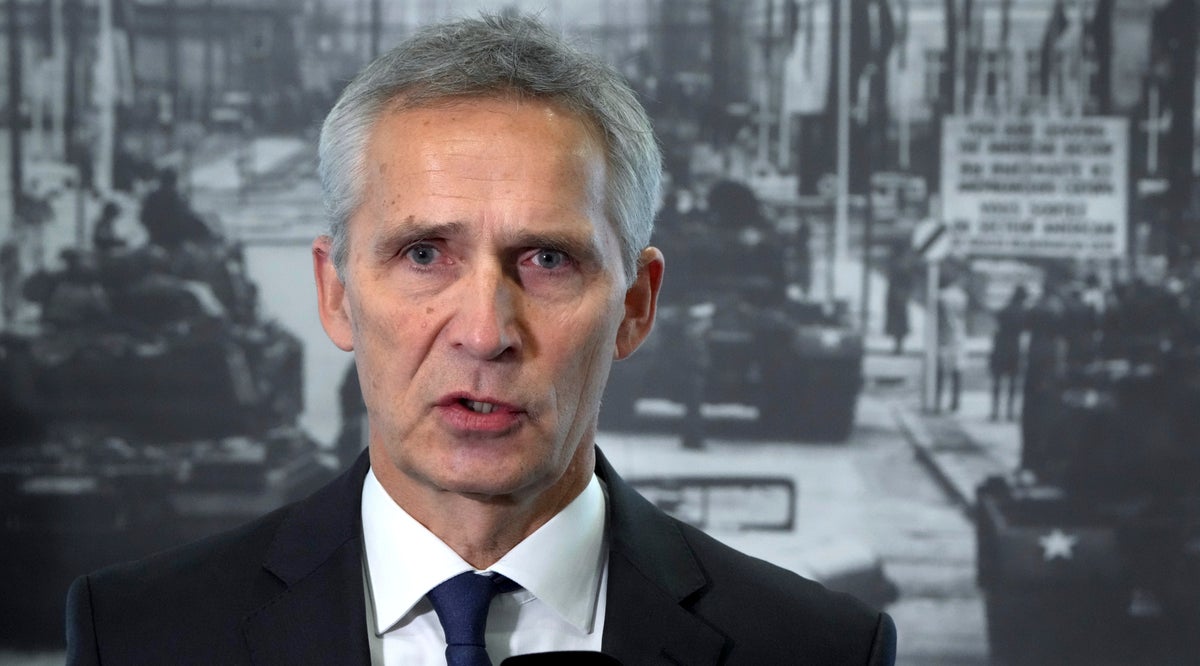
NATO's secretary-general on Thursday welcomed a recommendation by Germany and Norway for the military alliance to set up a center tasked with protecting undersea infrastructure such as gas pipelines and telecommunication cables.
German Chancellor Olaf Scholz said after talks with his his Norwegian counterpart on Wednesday that they would ask NATO Secretary-General Jens Stoltenberg to set up such a center. He pointed to the trans-Atlantic alliance's “proven coordination capabilities, its maritime presence and its expertise.”
A center coordinating protection efforts would also be “a clear signal (that) we take the protection of our critical infrastructure very seriously, and no one should believe that attacks would remain without consequences.”
Scholz returned to the issue at a news conference with Stoltenberg on Thursday. He said explosions in September that damaged the Nord Stream 1 and 2 pipelines built to transport Russian gas to Germany under the Baltic Sea, which investigators say were an act of sabotage, “showed that we must completely re-evaluate the risks for our energy infrastructure.” That, he said, is particularly true in the North Sea.
Stoltenberg called undersea pipelines and telecommunications cables “arteries for our economies.” He said that NATO has doubled the number of ships patrolling the North and Baltic Seas following the Nord Stream explosions and stepped up intelligence-sharing, “but we need to do more to help protect this vital infrastructure.”
He welcomed the German-Norwegian initiative for a “NATO undersea infrastructure center,” which he said would “provide allies with better situation awareness, map our vulnerabilities” and help deter any attacks against allies' undersea infrastructure.



.png?w=600)



